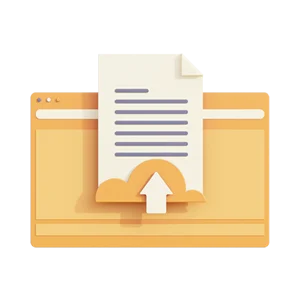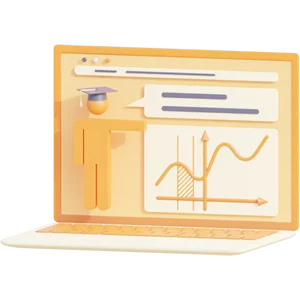Pesticide Pollution in Agricultural Soils
Pesticide pollution in agricultural soils has become a major global concern, and for good reason. Agricultural soils are a major source of exposure to harmful chemicals, and as a result, this has led to a rise in human health problems.
Pesticides can enter the environment in a number of ways, including through the use of aerial spraying, the application of liquid, or dust formulations, and the planting of genetically modified crops. Once they enter the soil, they can be transported to water supplies and other vulnerable environments. Pesticides can also leach into the groundwater, where they can reach humans and wildlife.
There are a number of ways to reduce pesticide pollution in agricultural soils, including using less toxic chemicals, choosing more environmentally friendly formulations, and using alternative methods of pest control. Additionally, it is important to monitor pesticide use and take appropriate action when necessary.
Preview document (3 of 50 pages)
Knoowy benefits
$ 7,49
 Money back guarantee
Money back guarantee
 Documents can be downloaded immediately
Documents can be downloaded immediately
 $0.50 discount when paying with balance
$0.50 discount when paying with balance
-
 Receive free quiz questions with document
Receive free quiz questions with document

Specifications
- Subject: Environmental Sciences
- All documents for this course ›
Document
- Section: Lecture notes
- Updated on: 03-27-2022
- Made on: 03-26-2022
- Type: .pptx
- Pages: 50
- Language: English
Tags
Seller
Earn from your summaries?
 Deal: get 10% off when you purchase 3 or more items!
Deal: get 10% off when you purchase 3 or more items!
Deal: get 10% off when you purchase 3 or more items!








